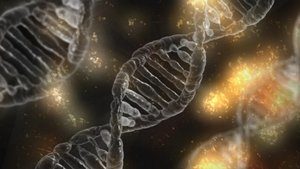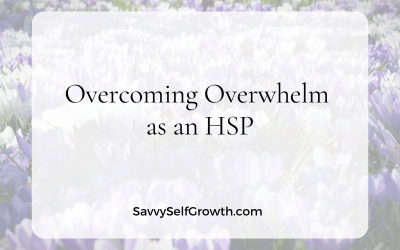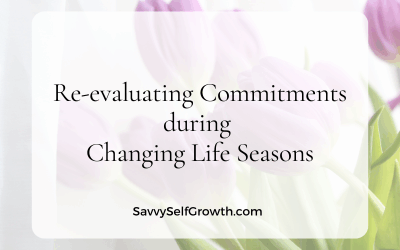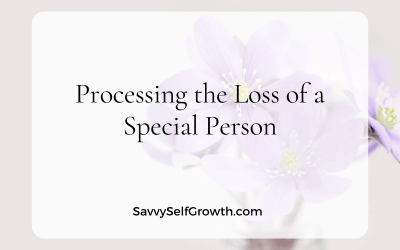Every time we think a thought, it usually leads to one or more emotions. Sometimes we’re aware of those emotions, other times not.
Some of us are well practiced in suppressing emotions.
We learn to do this at an early age, because Mom or Dad told us to stop crying, stop being angry, or sit quietly in a corner until we’ve calmed down (they often just didn’t know what else to do.) As adults, we very often still feel the emotion rise, very quickly stuff it down, and carry on with life. We might even think we never felt an emotion to start with because that process is so fast.
Every single one of those emotions has an effect on the chemistry of our body.
Our emotions can have a detrimental or a beneficial effect on that chemistry, as well as our gene expression (whether a gene is “on” or “off”.)
A scientist, Dr Dawson Church, says it this way:
 “We must consider the implications of the fact that our emotional and mental environment, which we create as individuals, is one of the primary influences turning genes on and off in our cells… we as individuals can start to use this knowledge to affect our own health right now. “ (The Genie in our Genes.)
“We must consider the implications of the fact that our emotional and mental environment, which we create as individuals, is one of the primary influences turning genes on and off in our cells… we as individuals can start to use this knowledge to affect our own health right now. “ (The Genie in our Genes.)
Our emotions and self-care
If we’re in a habit of feeling resentful because our needs are not met, we (as individuals) influence our body’s chemistry and our gene expression. If we live in a state of blame, resentment, exhaustion, and anxiety about too much on our plate, we will eventually create a negative effect on our own health.
What’s the antidote?
We absolutely need to learn to exercise sustainable self-care. Self-care, like I keep saying, is not “selfish”. It’s keeping ourselves healthy. Big difference.
Self-care is making sure we keep our brain and body in the most optimal, healthy state possible… so that we CAN be valuable to the people around us.
That means we sometimes need to Say No
If we want to exercise sustainable self-care, we need to learn to say “no” to some requests. That in itself can be stressful, because many of us learned that it’s not okay, or frowned upon, or “selfish” to put our needs before others. We’re scared to disappoint someone, lose out on an opportunity, or appear weak. There are so many reasons that we shy away from “no”.
Here’s the thing:
Kind people can say no in kind ways. There are many ways to decline requests, not just a blunt “NO”!
One way to say no in a kind way:
“Thank you for asking, I appreciate that you thought of me. I have a feeling I have too much on. Let me check my diary for commitments, and I’ll get back to you in a day.”
That’s it. Who can take offense to that? (If they do – do they belong in your life?)
There are many reasons why this type of reply works well. It starts off on a positive note and helps the receiver to feel good about asking you. It relieves the immediate pressure of giving an answer right away. It gives you time to truly check your current commitments, and then do a bit of EFT tapping (or similar work) to let go of any feelings of guilt underneath declining.
Still uncomfortable? Two things.
✨ Saying no is a skill on one hand, that (like any new skill) needs practice. The first time might not feel comfortable, and by the 10th time it no longer feels like such an uphill battle. Think of a child learning to write.
✨ And… there’s what’s underlying the discomfort. This is key. If there’s a belief in our subconscious mind like “I have to be available for everyone”, it is going to feel difficult. That’s where EFT (or a similar tool) is extremely important to help us discharge the feelings around that belief, so it no longer has such an emotional hold.
Self-reflection
Where’s your biggest challenge with saying no or declining a request to help? The skill (How to) or the emotions tied to it?




